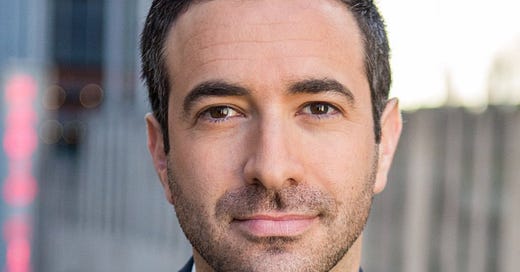New Trump Special Counsel Appointed… but why?...
The “New Mueller,” or an Attorney General punting?
Hi and thanks for your interest in my work and subscribing to my newsletter. Below is my new piece about the new Trump Special Counsel.
Keep reading with a 7-day free trial
Subscribe to Ari Melber to keep reading this post and get 7 days of free access to the full post archives.



